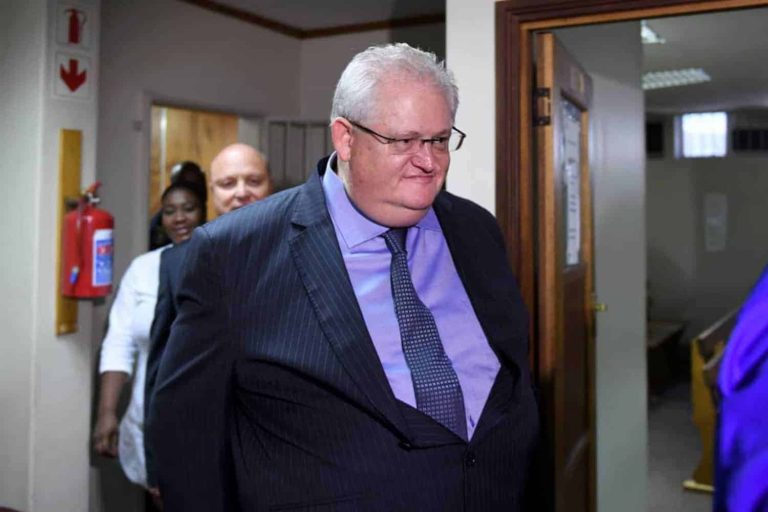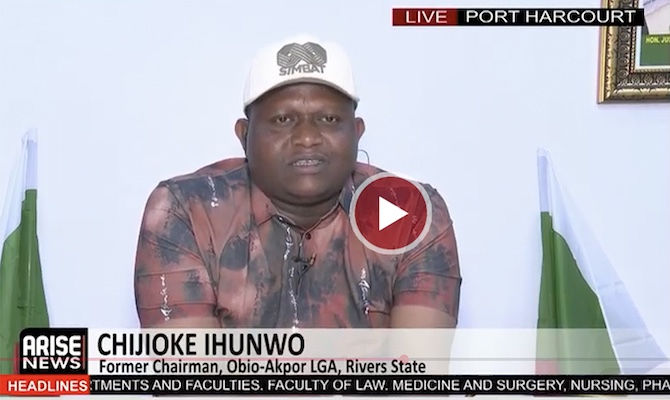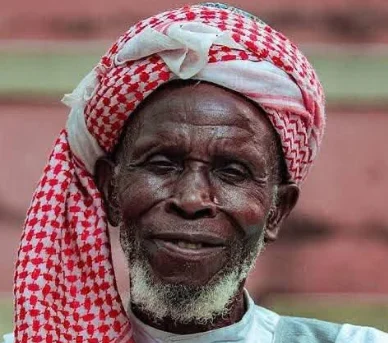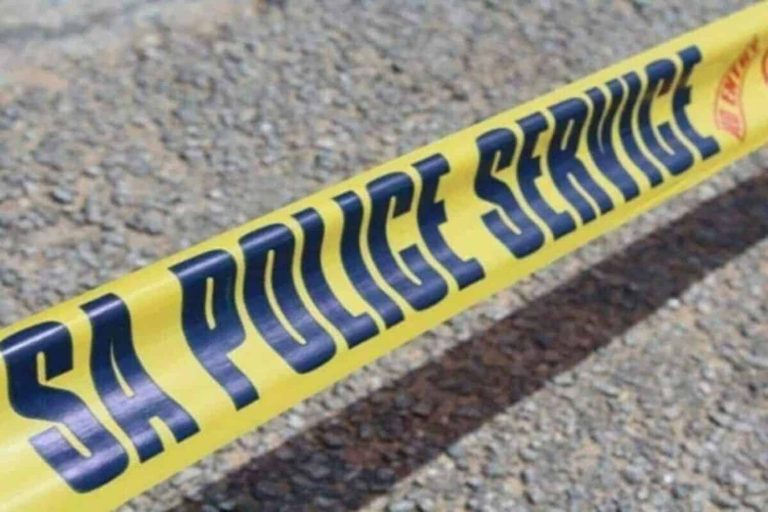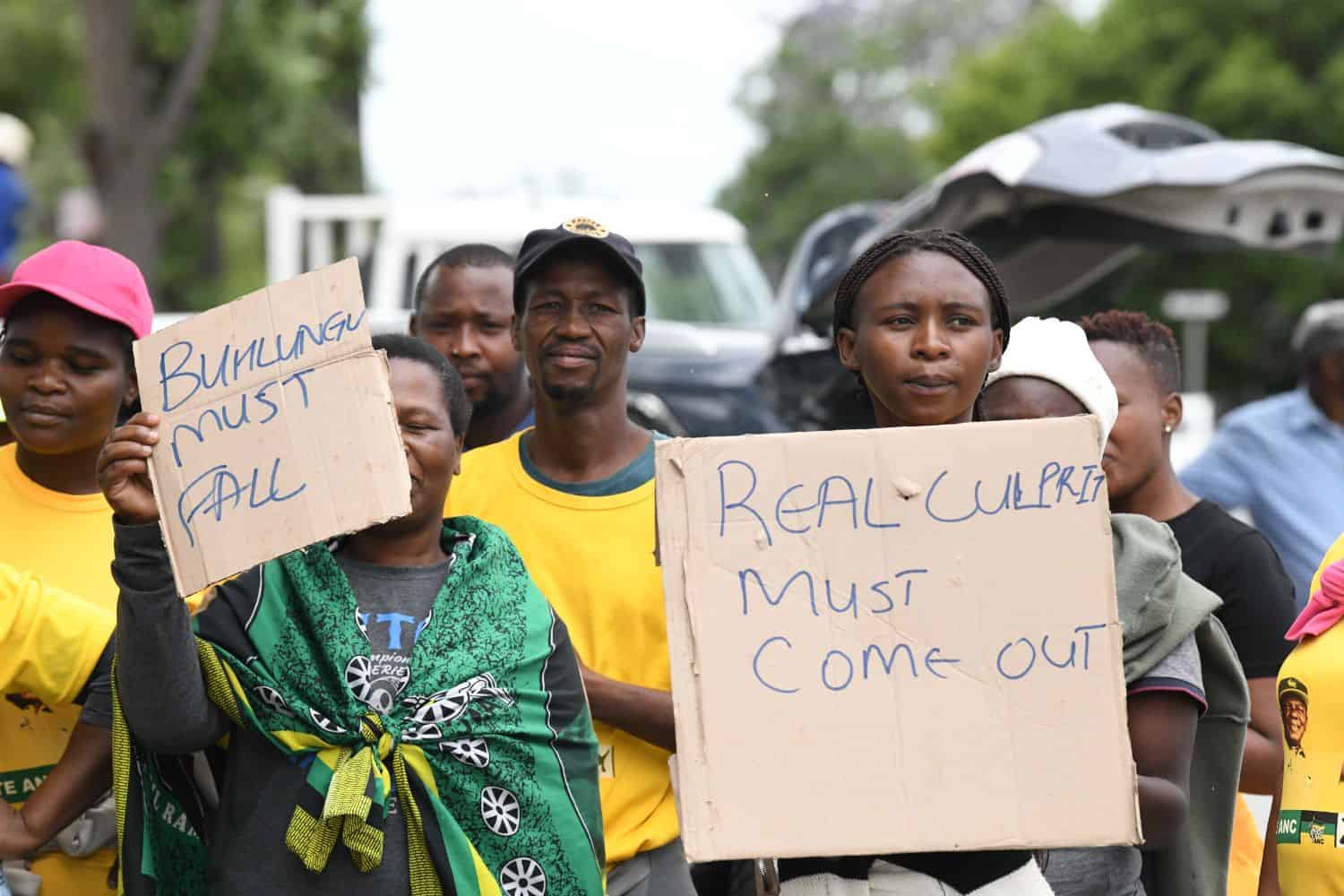
A Special Investigating Unit (SIU) investigation has uncovered how a “cartel” operating inside Fort Hare University’s ICT Department systematically siphoned millions of rands through a network of colluding staff and outside businesses.
The details of the multimillion-rand scam were revealed by Nozuko Sharron Diko, an SIU Chief Forensic Investigator in East London, in a draft affidavit that GroundUp has seen.
The affidavit paints a picture of a compromised and captured department, and describes how over R17 million was paid to 28 businesses for services that were never rendered.
SIU investigation into Fort Hare University
The SIU investigation uncovered evidence of alleged criminal offences under the Prevention of Corruption Act (POCA), including fraud and corruption. It began after a tip-off by an unidentified whistleblower.
The affidavit names four senior Fort Hare ICT employees:
- Mfundo “Shakes” Scott, Chief Information Officer, who allegedly authorised several of the invoices;
- Sonwabo Dyani, ICT Manager, who is described as the “originator” of various invoices and who allegedly called service providers to request quotations, received them, and confirmed work was done without any proof; and
- Mthandazo Dhlamini, ICT Operations Manager, and Lusanda Matyunjwa, ICT Enterprise Architect, who allegedly authorised some of the invoices.
The affidavit, as we have seen it, also criticised Fort Hare’s vice chancellor Professor Sakhela Buhlungu for promoting Scott to be the director of ICT while he was still under investigation.
The SIU, according to the affidavit, was under the impression that the vice-chancellor had undertaken not to promote Scott before the probe was completed.
“Given the conduct by the vice-chancellor … we shall now refer the matter to the University Council for further consideration and to ensure that the disciplinary referral against the identified officials … is dealt with,” says Diko (in the version of the affidavit we have seen).
When we asked Fort Hare questions based on the affidavit, spokesperson JP Roodt declined to confirm whether the four implicated staff members have been suspended.
“The institution will not be drawn into commenting on internal disciplinary proceedings involving staff members.
“As a matter of principle and policy, such processes remain confidential and are handled in accordance with due labour protocols,” he said.
ALSO READ: University of Fort Hare damage to cost up to R500 million after violent protests
But upon publication of this article the university contacted us and claimed that the section in the affidavit dealing with the vice-chancellor had been doctored, and that no allegations have actually been made against the vice-chancellor.
The university further stated, after publication of this article:
“Only on 17 September 2025 did [Fort Hare] receive the SIU evidence bundle for the first time, enabling the institution to act.
“On 11 October 2025, Dr Scott and three of his subordinates were informed of the University’s intention to suspend him, and a formal suspension letter was issued on 16 October 2025.” (GroundUp originally sent questions to Fort Hare on 14 October, and again on 16 October, but only received this quote from the university after publication.)
Scott did not respond to a message sent by GroundUp on 14 October regarding the SIU investigation.
A follow-up message was sent to him the next day, to which he responded: “Please kindly drop me a message. I am in a meeting.”
Dyani did not respond to our questions sent via email and WhatsApp. Matyunjwa responded to questions sent via WhatsApp with a voicenote, claiming he was being “framed for following a legitimate process”.
He said he would like to clear his name, but did not know who he could trust: “How do I know you are not working for the university?” he asked GroundUp.
We were unable to obtain contact details for Dhlamini.
Criminal evidence submitted
SIU spokesperson Kaizer Kganyago confirmed the investigation had been completed and all the evidence was referred to the National Prosecuting Authority (NPA) “for further investigation and prosecution”.
“Additionally, criminal evidence has been submitted against the entities that were used to misappropriate or benefit from university funds,” he added.
Evidence has also been submitted to the university to enable disciplinary proceedings against “implicated staff”.
READ MORE: Fort Hare corruption case split into five parts to speed up prosecution
“The SIU is preparing to approach the Special Tribunal to recover funds misappropriated by the identified entities and individuals,” Kganyago said.
“Internal processes are [also] underway to support the civil recovery proceedings and to set aside any administrative decision found [to be] irregular.”
He did however caution us that the affidavit we had seen is a draft.
Dirty dealings
The alleged kingpin in this looting was businessman Mzukisi Mbozana, who recruited 28 businesses as part of the scam, according to Diko’s affidavit.
These businesses submitted requests for proposals (RFQs) that were generated by Mbozana on their behalf, which they submitted to the ICT Department.
Payments to these businesses were approved and made even though they provided no supporting documents to prove that any services were delivered by them, according to Diko.
“It is submitted … that Mr Mbozana was the real bidder hiding behind entities controlled by black persons,” Diko said.
“These entities played no role in the provision of the ICT-related goods and services at the university,” she said, adding the entities appointed by the university may have knowingly been parties to “fronting”.
READ MORE: Hawks arrest three in R2m fraud scandal at University of Fort Hare
The implicated staff operated “as a cartel [and] this mode of operation was meticulously premeditated”, Diko said in her affidavit.
She also alleged that the implicated companies and their directors “acted in furtherance of common purpose and with conspiracy to siphon huge sums of money from the ICT Department”.
“Upon payment of the monies to the various service providers, Mr Mbozana would then phone the directors of these entities to make transfers of certain amounts of monies to his elected accounts, either belonging to him or one of his entities,” Diko wrote.
A total of R10.7-million was paid to Mbozana and his companies.
Of this, R823,500 was paid to his personal FNB account and R9.9-million to companies of which he is the sole director.
All the payments to Mbozana and his companies, as well as the payments to the businesses implicated in the scam, are meticulously listed in the affidavit.
Beyond authorising fraudulent invoices, the investigation uncovered direct financial transactions allegedly linking Mbozana to Scott.
Bank statements showed that between 2021 and 2024, Scott allegedly received multiple payments totalling R1.25-million from bank accounts belonging to Mbozana and one of his companies, Vavali Trading Company.
References used for these transactions – disguised as agricultural purchases – included “Merino Sheep”, “Boerboer puppies”, “Heritage stock”, and “4 Boran bulls”.
Fort Hare campus unrest
The University of Fort Hare in Alice and East London descended into chaos in the wake of student protests calling for the resignation of the vice chancellor last week.
This led to the university temporarily suspending academic activities, after several of the buildings on the historic Alice campus, including the main administrative office, were torched in petrol-bomb attacks.
READ MORE: NYDA condemns violence at Fort Hare, urges dialogue and calm
University of Fort Hare spokesperson JP Roodt said the damage was estimated at between R250-million to R500-million.
Minister of Higher Education Buti Manamela told Parliament earlier this week that the student protests at Fort Hare may have been hijacked by criminal elements “who may or may not be students”.
He said the damage to university property, which also spread to the University of the Free State, was “very costly.”
Troubled university
This ICT scam is the latest scandal to hit Fort Hare and follows a fake degree scandal in 2023 involving Professor Edwin Ijeoma.
It resulted in the university deregistering Eastern Cape Premier Oscar Mabuyane from a master’s class.
A response to a written parliamentary question in June this year revealed that an SIU investigation into the degree scandal had not yet been completed.
Buhlungu survived an assassination attempt in January 2023 in which his bodyguard was fatally shot.
This article was republished from GroundUp under a Creative Commons licence. Read the original article here.
